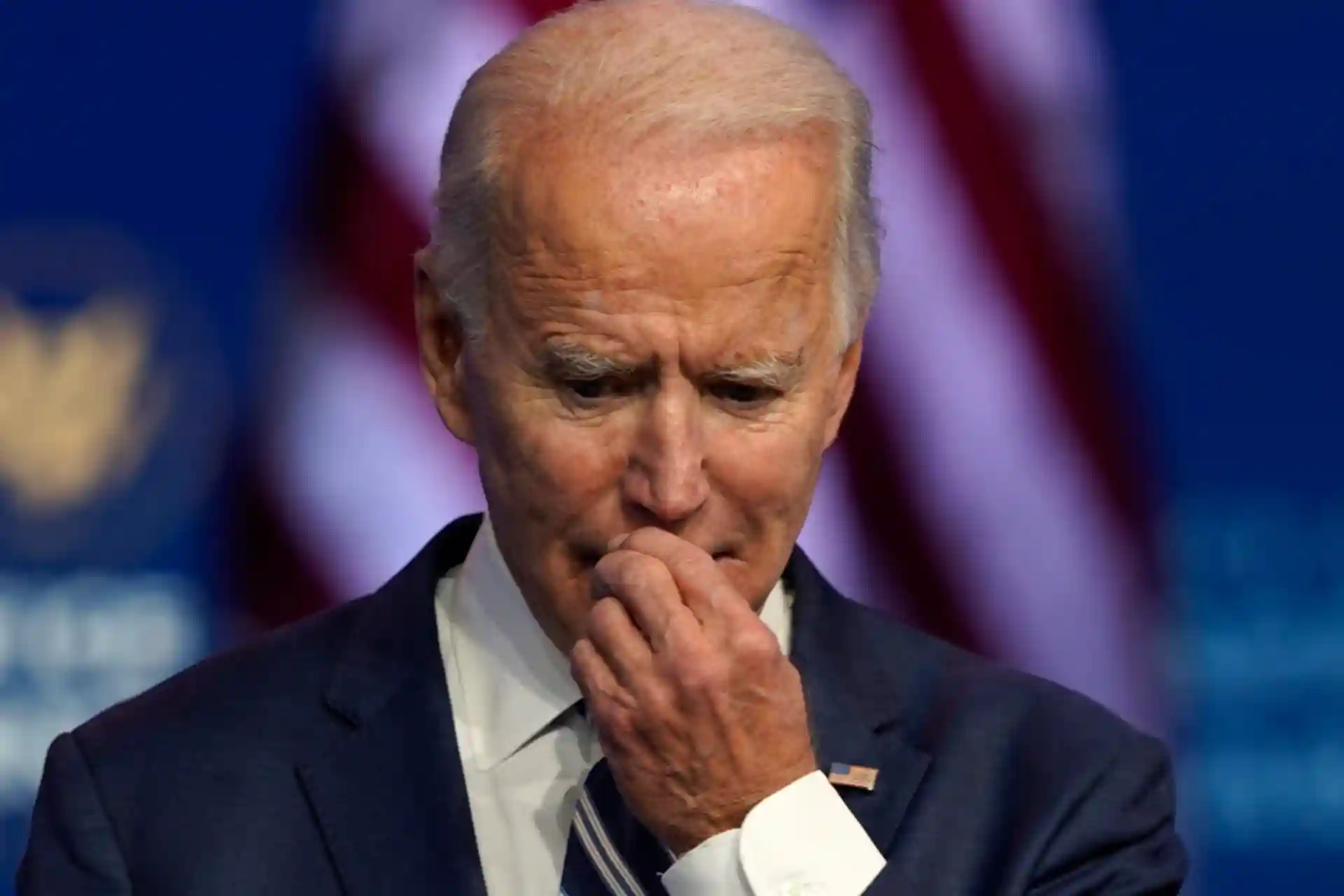The fate of Gaza: How valid are Trump's foolish claims?
The fate of Gaza: How valid are Trump's absurd claims?
Both the "war" in Gaza and the ceasefire agreement were lies. Trump made this clear in his speech this week.
During Netanyahu's visit, Trump finally gave up on Washington's cover-up of the devastation wrought by Israel's 15-month genocidal campaign against Gaza. His speech made it clear that the Palestinians were being subjected to ethnic cleansing.
"I don't think people should go back," Trump said in a statement on Tuesday, referring to Gaza. "Gaza is unlivable right now. I think we need a different place. It has to be a place that makes people happy."
He emphasized that this war was always a massacre planned and carried out in the United States. According to him, Washington will now "take control" of Gaza and develop it itself.
He said that Palestinians will now be "placed" in a place where they can live "without the daily threat of death," meaning they will no longer be killed by Israel with US-supplied bombs.
Gaza will become the "Riviera of the Middle East," where "the world's people" - by which he meant wealthy white people like himself - will live in luxurious homes along the coast.
If the US "owns" Gaza, as Trump has claimed, it will also own Gaza's territorial waters, where there are vast untapped gas reserves to enrich the new "master."
The Palestinians, of course, were never allowed to develop their own gas fields.
Trump may have even inadvertently hinted at the true number of people killed by Israel's brutality, suggesting that "all of them, 1.7 million or maybe 1.8 million people" are being forcibly removed from Gaza.
The population was between 2.2 and 2.3 million as of October 7, 2023. Where are the remaining half a million Palestinians? Under the rubble? In unmarked graves? Fed to wild dogs? Melted by 2,000-pound US bombs?
Taking advantage of the sensational statement, Netanyahu immediately responded, calling Trump "Israel's greatest friend in the White House" and praising him for "thinking outside the box with fresh ideas."
Netanyahu's supporters in Israel celebrated the event as a historic moment. Israeli Finance Minister Bezalel Smotrich called Trump's plan "a real response to October 7." Itamar Ben-Gvir, a far-right Israeli politician who opposed the Gaza peace deal and resigned as Netanyahu's national security minister last month, urged Netanyahu to adopt the policy "immediately," saying "it is time to implement and push it forward." He is currently making plans to return to politics.
But politicians around the world are strongly condemning the move. Australian politician Lydia Thorpe described Trump's statement about "occupying" Gaza as "a blatant call for ethnic cleansing and colonialism."
The Arab countries, which had remained silent on the massacre for sixteen months, now firmly rejected any attempt to ethnically cleanse the Palestinians. The Saudi Foreign Ministry immediately issued a statement, expressing its "firm and unwavering" position on the establishment of a Palestinian state and rejecting "any violation of the legitimate rights of the Palestinian people, whether through Israeli settlement policies, land annexation, or attempts to displace the Palestinian people from their lands."
Trump's statements have sparked widespread media interest and political reactions for two reasons.
First, they were said in Netanyahu's presence, which suggests that US foreign policy could take a more destructive path in Palestine and the wider region.
Second, Trump did not speak casually, but read a pre-prepared text, which suggests that this proposal is being considered as a genuine foreign policy doctrine.
Trying to understand the timing and nature of Trump's statements, many analysts have linked them to the growing influence of pro-Israel evangelicals and extremists in his administration. Others have suggested that Trump is preparing the United States for a regional war, while some have dismissed the suggestion as simply another element of his "maximum pressure" tactics.
In reality, it would be wrong to consider Trump's proposal as neither realistic nor serious. However, the consequences of such a reckless foreign policy could pose great dangers in the near and long term.
Below are some of the reasons why Trump is pushing this proposal, followed by other reasons why the Palestinians cannot be removed from Gaza.
Why did Trump make this proposal?
First, Trump is seeking to preserve the ceasefire in Gaza. To do so, he would have to offer Netanyahu a political boon that could appease Israelis of all political stripes and prevent the overthrow of his government, which many believe is imminently doomed, even leading to civil war.
Second, Israel's military defeat in Gaza has deprived both Tel Aviv and Washington of any real means to change the outcome of the war or regional politics. By steering the conversation toward his bizarre proposal, Trump is confident of regaining the initiative for the United States and Israel.
Third, Trump understands that Saudi Arabia does not want to normalize relations with Israel. Over the past year and a half, the Saudis have come to view Israel as an unreliable potential partner, and US support for Israel has brought the region to the brink of full-scale war.
Israel's defeat in Gaza has shattered its reputation as a regional hegemon, strengthening the Resistance camp and Iran. The idea of Israel as a protector against Iran has all but disappeared, so normalization is not particularly urgent - perhaps not even necessary. Trump's proposal is a desperate attempt to strengthen Israel and warn the region that it can wreak havoc at any time with US support.
Fourth, by increasing his harsh rhetoric on Gaza, Trump is giving Israel more time and opportunity to carry out a gradual ethnic cleansing of the West Bank. According to the Jenin administration, about 4,000 families have already been displaced from the Jenin refugee camp, a large part of the city's population. Similar efforts are underway throughout the northern West Bank.
While international media and politicians are focused on Trump's proposal for Gaza, Israel is carrying out its largest ethnic cleansing operation in the occupied West Bank since the 1967 war.
Fifth, Trump is seeking to exploit the political chaos caused by his statements to extract concessions from Palestinians and Arab governments. His main focus remains on the West Bank, and he reiterated on Monday that "Israel is a small country in terms of land area."
The deal he envisions would likely involve abandoning the campaign of ethnic cleansing in Gaza in exchange for Palestinian and Arab territorial concessions in the West Bank, or normalizing relations with Saudi Arabia without Israel's commitment to a Palestinian state, or both.
Why won't the evacuation of Palestinians from Gaza happen?
First, Trump is relying on tactics he used during his first term in office. But Israel's genocide in Gaza and the 471-day Palestinian resistance have put Palestine back at the center of Middle East politics. The era of sidelining the Palestinian issue is over.
Second, the resilience of the Gazans, who have resisted Israel for 471 days, is stronger than ever. When Trump proposed the Palestinian displacement, a million people, instead of gathering at the Gaza-Egypt border, were returning north to their cities and refugee camps in an unprecedented show of popular strength. It is hard to imagine these same Gazans willingly abandoning their land to give “ownership” to Trump and his real estate partners.
Third, and perhaps most importantly, Israel has already tried to push the Gazans into Sinai for 471 days, using unlimited US weapons. In doing so, it has destroyed much of Gaza and its entire infrastructure, caused famine, and killed or wounded more than 173,000 people - a number that is expected to rise sharply in the coming months.
None of this would have been possible without US help, but it all failed. What the US has not achieved so far, it will not achieve again, including through direct genocide and massacre.
Fourth, Arab governments unanimously rejected Trump's proposal, which was also directly or indirectly condemned by governments around the world.
Hamas also strongly rejected Trump's proposal to evacuate Palestinians from Gaza. A spokesman for the movement said the US president's proposal was "a blatant attempt to eliminate the Palestinian issue."
The real danger is not that the US military will invade Gaza to wipe out the Palestinians, but that the extremist Israeli government will interpret Trump's words as an open permission to accelerate ethnic cleansing in the West Bank and, possibly, restart the war in Gaza, and claim that it is acting according to the wishes of the American president.
While the Joe Biden administration has already shown itself to have no moral compass by supporting and continuing Israel's genocide in Gaza, a future Trump administration could take an even more reckless and ignorant approach.
Armed with a misunderstanding of the Middle East, a complete disregard for historical truths, and a religious motivation based on biblical prophecies, Trump's foreign policy is nothing short of a true disaster.
If we were to describe his new policy in the region, it would be like a bull entering a china shop. Although it makes no sense, the only result that can come from it is complete destruction.


